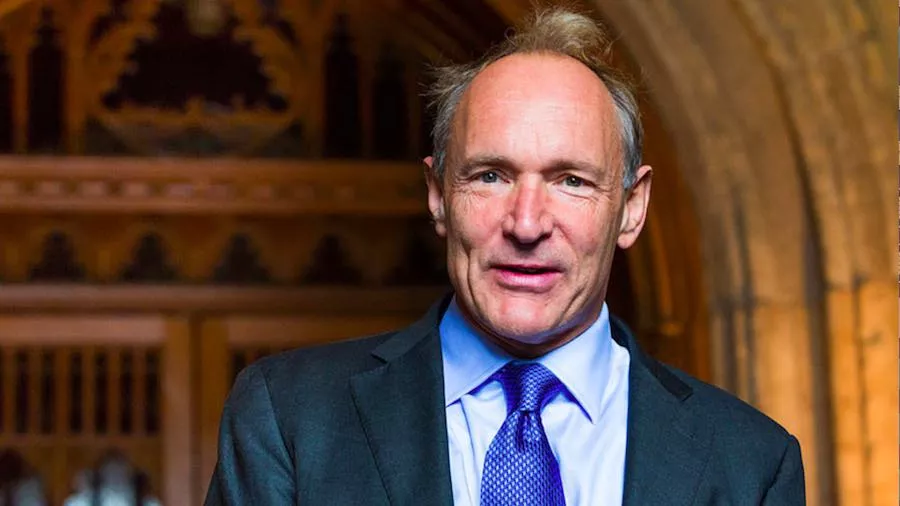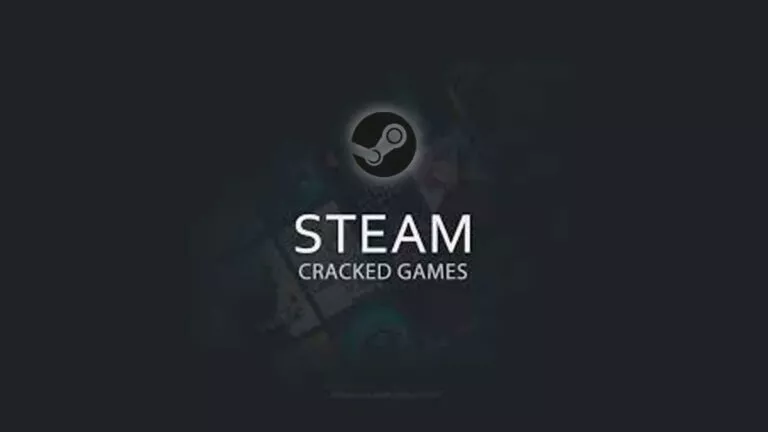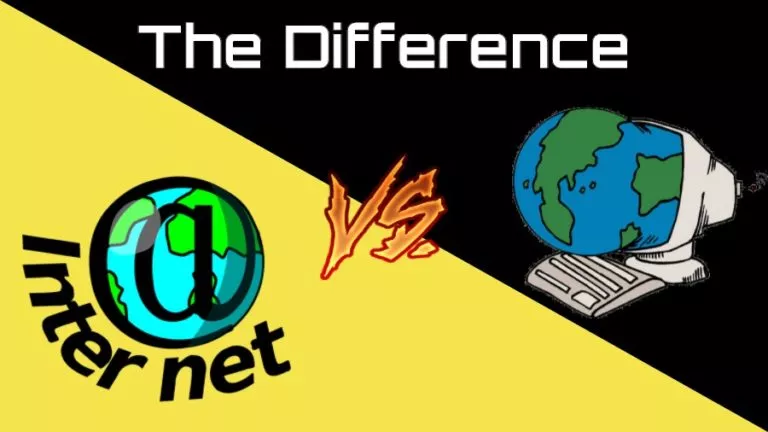On 29th Birthday of World Wide Web, Tim Berners-Lee Voices The Need For Internet Regulation

On the 29th anniversary of the World Wide Web, its inventor Sir Tim Berners-Lee voiced the need for stricter regulations of the few companies that control the web.
In an open letter published on the World Wide Web Foundation website, he discussed the major challenges we need to overcome in order to restore the web to the ideal version he envisioned.
The large gap between the section of people who can access the internet and those who cannot is deepening the existing inequalities of the world.
Lee said, “you’re more likely to be offline if you are female, poor, live in a rural area or a low-income country, or some combination of the above.”
To remain offline in the present day means losing out on opportunities to learn, earn and participate in democratic debates which is why he encouraged everyone to close this gap for the betterment of society.
“What was once a rich selection of blogs and websites has been compressed under the powerful weight of a few dominant platforms.”
He talked about the concentration of power among few major tech corporations such as Google and Facebook which makes it “possible to weaponize the web at scale.”
The Web founder is concerned about the creation of online gatekeepers who allow only “a handful of platforms to control which ideas and opinions are seen and shared.”
The recent times have seen a tremendous rise in the conspiracy theories that trend on social media websites, the creation of fake Facebook and Twitter accounts to rile up social tensions, manipulation of elections through external factors and criminal activity such as stealing of personal data.
Even though the tech companies are well aware of these issues and have also developed systems that can tackle these problems but he argues that they have been created to “maximise profit more than to maximise social good”.
He, therefore, called out the need to formulate “a legal or regulatory framework that accounts for social objectives” that can help in solving these issues.
Talking further about the dominant platforms, he shared his concerns on how creativity is decreasing gradually and will degrade further in the next 20 years as these companies continue to increase their power.
They acquire upcoming competitors, buy new innovations and hire topmost talent of the industry which makes it difficult for budding innovators to compete.
So Lee invited “the brightest minds from business, technology, government, civil society, the arts and academia” to join hands together to address the threats to the web’s future.
Also Read: Facts About The Internet You Really Need To Know






